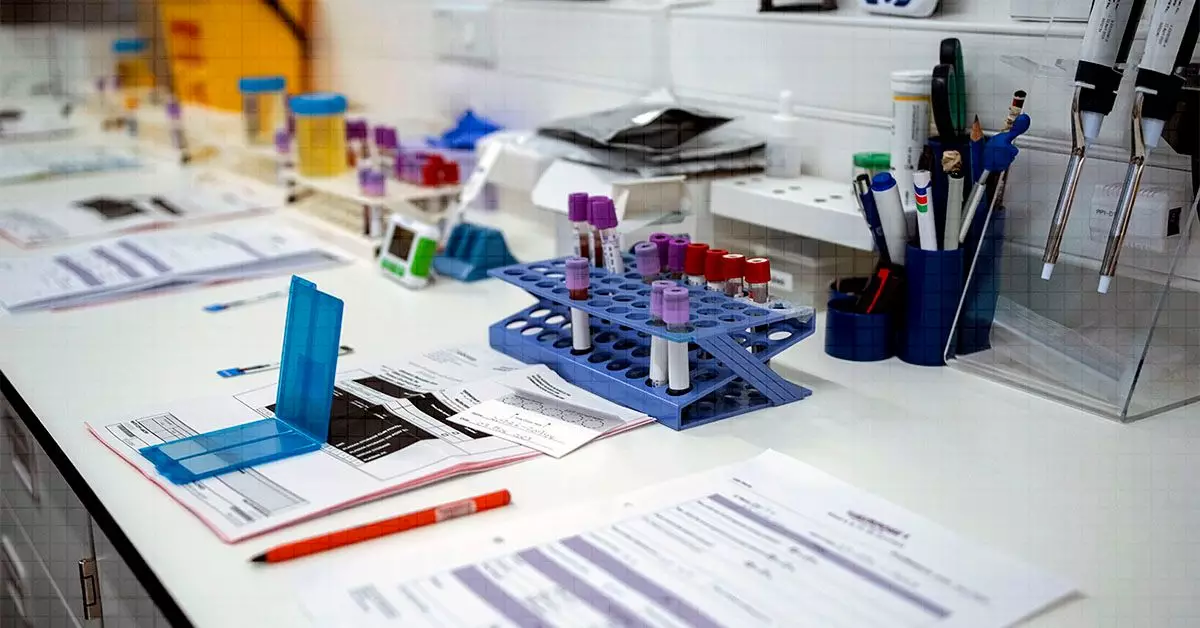Colorectal cancer is an insidious health challenge, particularly because its early stages often remain symptom-free. This characteristic makes it one of the most deceptive forms of cancer, as individuals may inadvertently overlook their risk until it progresses significantly. Emerging studies signify a disturbing trend: younger adults, particularly those under 50, are experiencing an alarming rise in colorectal cancer incidences. This demographic shift necessitates a deeper understanding and dialogue about awareness and the seemingly innocuous symptoms that could indicate a serious underlying issue.
Recognizing the Red Flags
In light of recent findings from a 2023 study, the common symptoms in younger individuals often include unexplained weight loss, changes in bowel habits, rectal bleeding, and abdominal pain. Such symptoms are frequently misattributed to more benign conditions like irritable bowel syndrome or gastritis. The crucial point is that while these symptoms might be caused by less severe ailments, they can also signal colorectal cancer. Therefore, any adult under 45 experiencing these signs should not brush them off; rather, they should proactively engage with healthcare professionals for a thorough evaluation.
The Importance of Early Screening
Healthcare providers across the board advocate for early screening, which can play a pivotal role in identifying colorectal cancer before it advances beyond manageable stages. The American Cancer Society recommends that individuals at average risk begin discussions about screening at the age of 45; however, those with heightened risk factors may need to initiate screening even earlier. Screening is not just a precaution; it is a key ingredient for increasing survival rates. Those who might benefit from targeted screening include individuals with a family history of colorectal cancer, specific genetic conditions, or those who have had previous polyps.
Understanding Risk Factors
The growing trend of colorectal cancer among younger populations begs a closer examination of risk factors, including diet, physical inactivity, obesity, and smoking. Understanding these variables can empower individuals to make lifestyle adjustments that may help mitigate their risk. Engaging with healthcare providers about personal risk factors is crucial; this conversation can lead to informed decisions about screening timelines and health management strategies.
The Role of Healthcare Professionals
It is equally important for healthcare professionals to maintain awareness and vigilance concerning colorectal cancer, especially in younger patients presenting nonspecific symptoms. Given the potential for varying symptomatology in younger adults compared to older individuals, a tailored approach to assessment and diagnosis is essential. Doctors bear the responsibility of not only acknowledging the symptoms presented but also of offering a comprehensive diagnostic pathway that includes screening options and follow-up care.
In this evolving landscape of colorectal cancer, awareness and proactive health measures can save lives. Every symptom merits consideration, and promoting open discussions between patients and healthcare providers can pave the way for earlier intervention and better outcomes.

